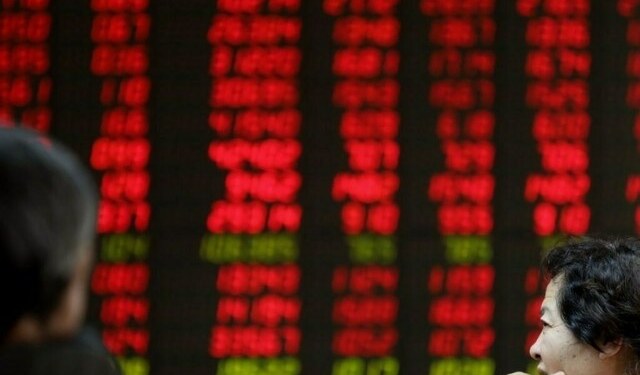NUSA DUA, Indonesia (Reuters) – China’s vice finance minister Zou Jiayi on Saturday acknowledged debt issues with some of its ‘Belt and Road’ projects, saying the government will strengthen macro-supervision on the debt sustainability aspect of its overseas investments.
China has been promoting an ambitious Belt and Road initiative since 2013, as President Xi Jinping expands trade corridors along a modern-day Silk Road linking Asia, Europe and Africa, pumping credit into building roads, railways and ports in a trillion-dollar infrastructure initiative.
“The debt sustainability issue of Belt and Road (projects) is a complicated issue, but we will take care of it,” Zou told a panel on the sidelines of annual International Monetary Fund and World Bank meetings in the Indonesian island of Bali.
The senior finance official said China could optimize and diversify its Belt and Road debt financing with more foreign direct investment, public-private partnerships, and equity investment, as opposed to commercial loans that could be more expensive.
But the initiative has been met with growing scepticism as some countries, such as Sri Lanka, became saddled with debt that they had difficulty in repaying.
One of the top recipients of China’s largesse, Malaysia, has recently stopped work on a $20 billion rail link between its east and west coasts, a rare setback for the Belt and Road initiative.
Zou said the Chinese government fully respects Malaysia’s decision-making and judgment, stressing the projects were inked on a commercial basis, and countries are free to vet and evaluate the terms of the projects.
“Malaysia adequately communicated with the China side on the issue. We respect Malaysia’s decision based on their debt sustainability analysis,” she said.
Fusion Media or anyone involved with Fusion Media will not accept any liability for loss or damage as a result of reliance on the information including data, quotes, charts and buy/sell signals contained within this website. Please be fully informed regarding the risks and costs associated with trading the financial markets, it is one of the riskiest investment forms possible.
Source: Investing.com




























